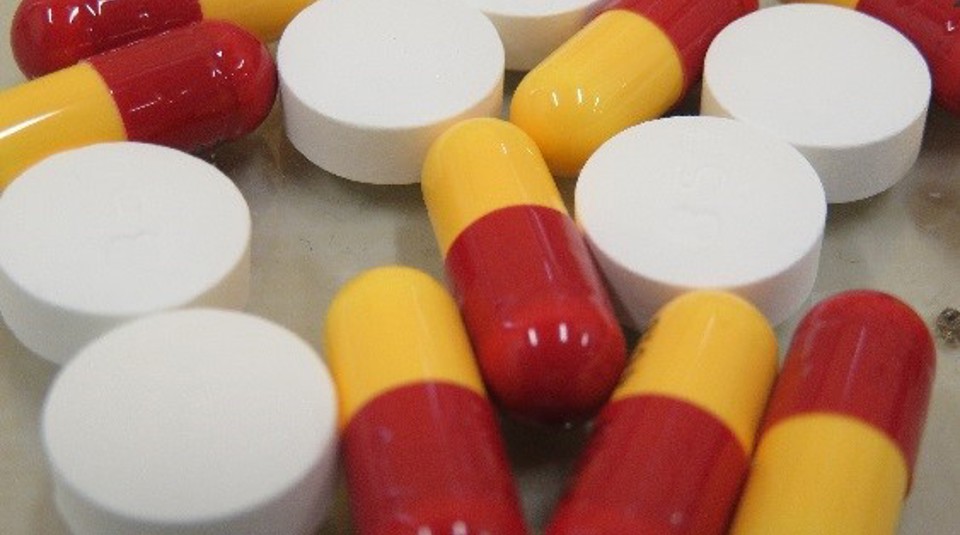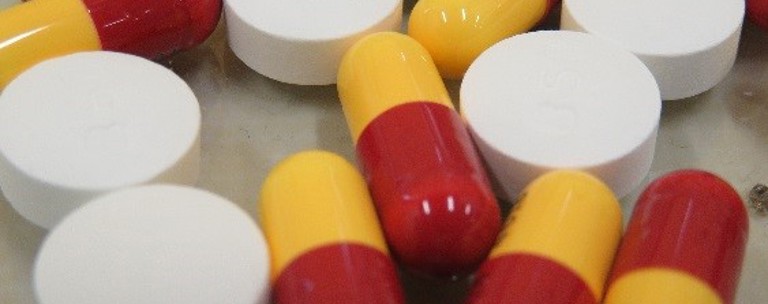Ingredients in some soaps and pharmaceuticals may be responsible for the development of anti-microbial resistance in the environment recent research has found.
Scientists involved in a Cawthron led MBIE funded research program have demonstrated that small concentrations of Triclosan (an ingredient in anti-bacterial soap and hand sanitisers) and Fluoxetine (a pharmaceutical used to treat depression) can accelerate the development of antibiotic resistant bacteria. The research is part of a wider collaborative project involving researchers from ESR, Cawthron and Massey looking at the impacts of a class of compounds known as EOCs (emerging organic contaminants).
The contaminants, which include compounds used in personal care products and pharmaceuticals, are making their way into the environment from a range of wastewater sources including municipal treatment plants, septic tanks and a range of agricultural activities.
The researchers say EOCs are the cause of concern because of their impacts on human and aquatic health, including the development of multi-drug resistant bacteria.
Anti-microbial resistance is identified as one of the biggest global threats to health– because of the loss of effective drugs to fight infections. In 2017 the World Health Organisation published a priority list of a dozen antibiotic resistant disease causing bacteria that it deemed significant threats.
While anti-microbial resistance is commonly attributed to over use of antibiotics, there is growing concern about the role EOCs are playing in the development of anti-microbial resistance in the environment.
The research, which was presented at the recent Australia Freshwater Science Society and New Zealand Freshwater Science Society conference, involved low levels of EOCs being exposed to a number of bacteria, including Salmonella, Staphylococcus, and Escherichia coli. Those pathogens were then tested against a range of antibiotics to see if there was a change in tolerance to the antibiotics.
Triclosan and fluoxetine were both identified in the laboratory trials as EOCs that were shown to influence antibiotic resistance in the bacteria they were exposed to.
The scientists say that with increasing amounts of EOCs making their way into the environment via effluent, there is a concern that there will be increased selection pressure on some bacteria to develop further resistance.
They say that wastes containing EOCs provide “hot spots” that can be enriched with enteric bacteria, nutrients and contaminants that can provide an ideal environment for the development of resistance.
In 2016 the US FDA banned over-the-counter products containing triclosan ruling it “may do more harm than good over the long term”. There is scope for banning this substance from consumer products but kept for specialised uses in New Zealand.
Researchers recommend further investigation into the mechanisms by which the bacteria develop resistance.

